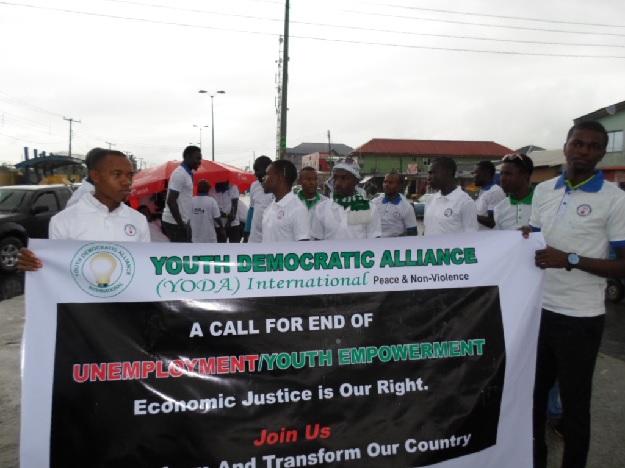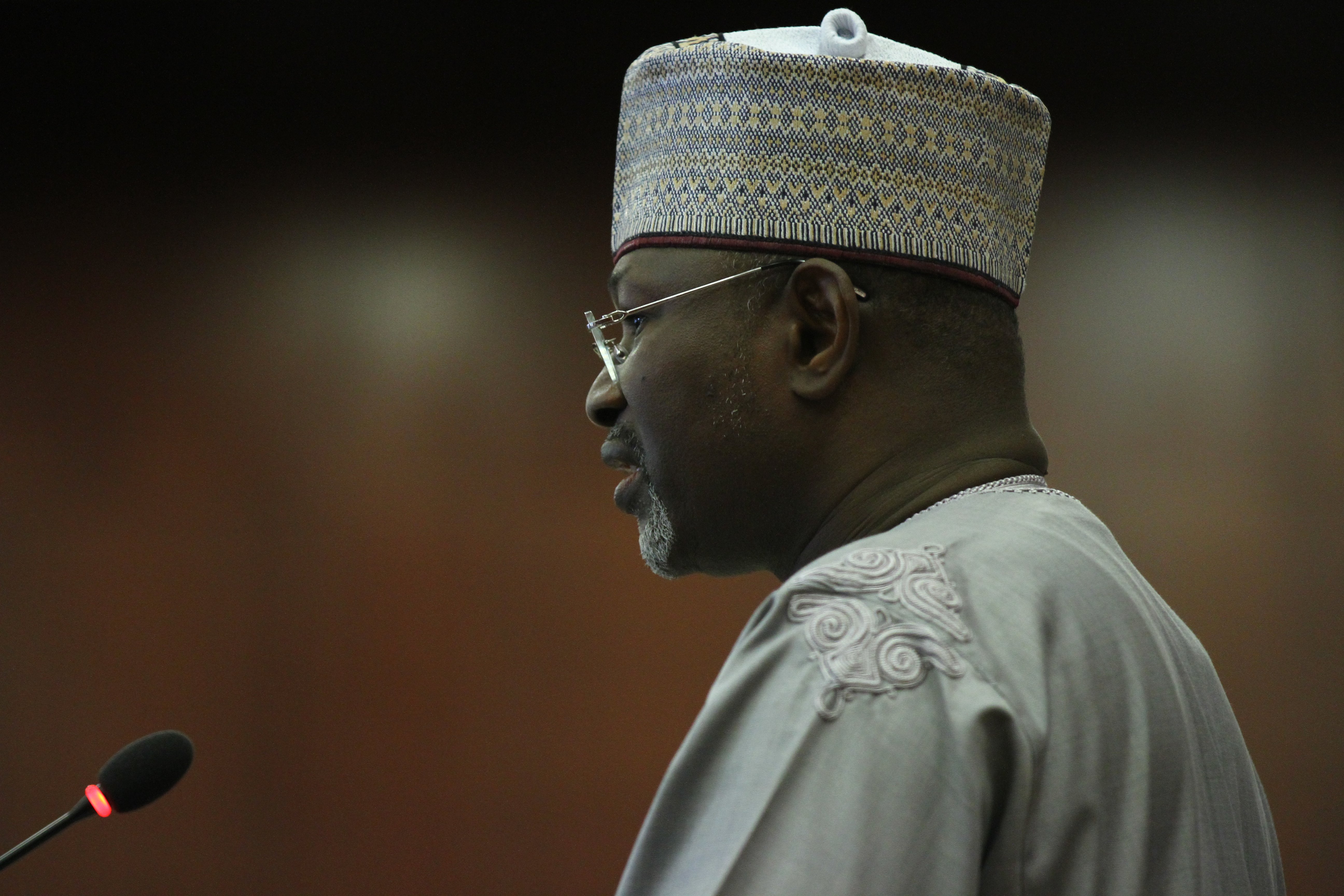“The Bipartisan Infrastructure Deal will put plumbers and pipefitters to work replacing all of the nation’s lead water pipes so every American can drink clean water.”
-President Joe Biden
Either every year or quarter, the National Bureau of Statistics, the World Bank, and other multilateral institutions release unemployment figures in Nigeria. When the numbers are released they are usually not very flattering and every government naturally finds them unnerving for the fact that the figures are easily weaponised by critics and opposition elements to demonise and delegitimise.
After almost two decades of institutional transformation and credible leadership, the National Bureau of Statistics has become a strong and respected government institution whose data and reports are globally recognised as credible and one devoid of political interference.
Not minding the credibility of NBS reports and unemployment data it periodically generates, I have always found some of the conclusions about unemployment figures in Nigeria questionable because I don’t think they reflect the actual reality of an economy like ours that is highly informal.
Advertisement
In the light of the above quote from the statement of President Joe Biden, who has used every single day of his presidency since January 20th, 2021 to promote his $2trillion infrastructure plan and how it would pivot a new era of economic growth in America and create millions of new jobs, I am of the strong view that we may need to re-imagine what we consider work in Nigeria if it means only white-collar jobs.
In countries like the United States, those in Europe and North America, what they consider employment or work is any job that gives at least 20 hours of productive activities in a week.
So, anyone between the age of 15 to 64 years with 20 hours of productive activities every week is considered employed whether the job is white-collar or blue-collar.
Advertisement
It appears to me NBS and World Bank, in their reports, focus mainly on white-collar jobs each time they release unemployment data in Nigeria. Obviously, we do not have a system like that of US or European countries where there is an empirical basis for tracking monthly employment and unemployment numbers. If you are out of job of whatever type in the US or Western Europe, for example, you register with employment agencies for possible new vacancies. It is, therefore, very easy for the Department of Labour to collate numbers of job seekers or those out of job month on month.
Same applies to those who get new jobs within a given month. This explains why the Department of Labour in the US or United Kingdom will easily release monthly number of jobs created and those out of jobs.
National Bureau of Statistics puts the 2021 unemployment figure in Nigeria at 33%. What this means is that 33 out of every 100 Nigerians who are able, willing and ready to work have no work to do.
Under no circumstances will I accept this to be true. NBS and other organisations documenting unemployment figures in Nigeria should tell us more about realistic methodology they use in reaching their conclusions on the figures they regularly churn out.
Advertisement
In a country with an estimated 200 million population where over 60% of the population are young people between 18-40 years, it is not enough for NBS and the World Bank to use random sampling to reach a conclusion. NBS in one of its recent unemployment figures sampled just 33,000 households in the country at about 900 per each of the 36 states. For a country of our population size, 33,000 samples appear too disproportionate.
Using the International Labour Organisation’s standard of 1 hour of job per week as a benchmark for employment situation in Nigeria, it would mean that, by ILO standard, the unemployment rate in Nigeria by Quarter 2 of 2020 was 11.7% and by 2021 figure it is 17.5% as against NBS’s 33.28%. In practice, I will say both ILO and NBS do not reflect the reality in Nigeria as I doubt if there is any adult in Nigeria that is willing and able to work that will not find a job to do beyond 1 hour or 20 hours a week. And this brings to the fore what NBS and World Bank consider as jobs in Nigeria. Does NBS consider factory workers, construction site workers, waiters in bukas, bars, restaurants, hotels, sales boys, sales girls at Supermarkets, corner shop owners, roadside food sellers, roadside corn/boli sellers, etc, as people without work? Will NBS and World Bank say merchandise hawkers inside Lagos traffic who make over N200, 000 a month; far more than what many white-collar workers earn are unemployed?
Apart from traders who are market men and women, it is possible in the reckoning of NBS and World Bank that those at the lower rung of the informal sector like alabarus, wheelbarrow pushers, truck loaders and off loaders with consistent daily income are considered unemployed? Will NBS consider rural farmers, barbers, taxi drivers, okada riders, truck drivers, etc, and many undocumented skilled labourers/artisans like plumbers, pipe fitters, tillers, bricklayers, carpenters, auto repairers etc on the employment or unemployment column? While there is no doubt that the country needs to create hundreds of thousands if not millions of high-paying real/formal sector jobs, I also think we should reflect if Nigeria really has the number of unemployed people being bandied around by NBS, World Bank, and other international organisations. Maybe we really need to rethink what we consider work.
Since March this year, a small groundnut processing factory in Kano has retained 15 factory workers, 2 cleaners and 4 security men who were previously unemployed. If it were to be in UK or US all of them would be formally captured as part of new jobs created in the month of March. There are hundreds of small businesses that employ every single day without being formally captured into any national employment database. The last time I visited the farm of the Nigerian Farmers’ Cooperative Group at Gaate in Nasarawa state, I saw almost 300 farmhands working in different sections of the farm on daily wages. The farm has kept many of them, formerly unemployed villagers, productively engaged for over two years running.
Advertisement
During the farm visit, I told Retson Tedheke, the farm manager, that NBS and World Bank would never capture his farm workers as people with employment.
Advertisement
Views expressed by contributors are strictly personal and not of TheCable.
Add a comment







